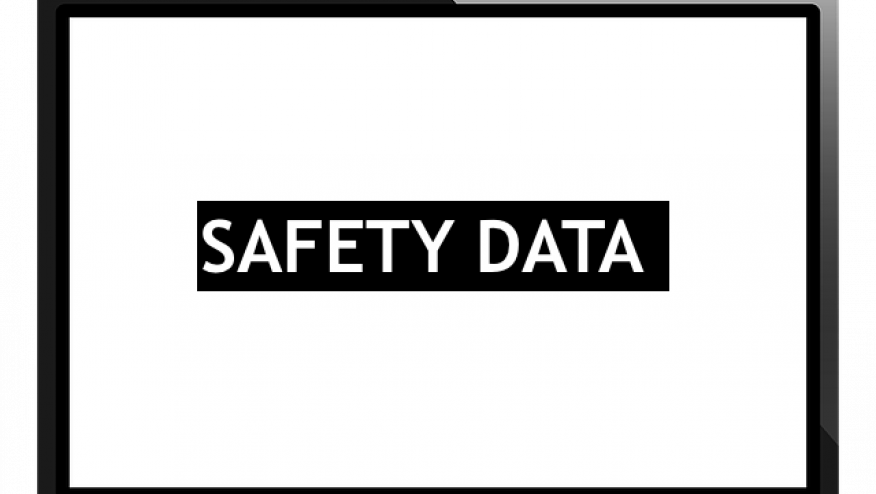Impact of regulatory warning on JAK inhibitors Save

The development of JAK inhibitors represents an advance for the treatment of inflammatory rheumatic diseases. However, the enthusiasm in using this target has waned since the publication of the ORAL surveillance clinical trial in 2022, which showed increased risk of major cardiovascular events (MACE), cancer, VTE, serious infections and death in tofacitinib vs TNF inhibitors.
Subsequently, both the FDA and EMA issued a warning on using JAKi in patients with certain risk factors, e.g., ≥65 years, at increased risk of MACE, current smoker or past smoker and at increased risk of cancer, should other alternative treatment be available. Crucially, this warning was extrapolated to all JAK inhibitors and their approved indications.
So, how has this warning impacted on JAKi development and use?
To carry out another RCT would take longer time to yield results, as well as be time- and resource- consuming. Thus, many real-world observational cohort/registry data emerged at last year’s EULAR and ACR conferences. Mainly, these findings did not replicate the ORAL surveillance trial results pertaining to VTE and MACE risks.
How about infection since data from RCTs and their long-term extension studies also reported increased opportunistic infection and herpes zoster rates?
At EULAR 2024, the JAK-POT study (OP0092) which comprised 14 registries across Europe and Canada compared infection and herpes zoster incidences between patients treated with any JAK-i, any TNFi and other mode of action (rituximab, tocilizumab, abatacept, etc.). Over the 54,905 treatment initiations considered, there was no increased incidence in any or serious infection between JAK-i and TNFi, while this was seen in the other mode of action group vs TNFi. For herpes zoster, the adjusted incidence rate ratio was higher (2.3) vs TNFi. Hence, it is important for us to advocate shingles vaccination to our patients (as per healthcare provider guidance) and to reduce other risks, including glucocorticoid dose/use.
What is the sequelae of this safety warning update on patient’s access to JAKi?
Data from the British Society for Rheumatology Registry which looked at patients with rheumatoid arthritis starting on JAKi prior to this warning (POS0390) reported that about 4 out of 5 patients would have fallen into this “high-risk” category mainly due to smoking and cardiovascular risk. Of these, 28% of the patients had failed ≥3 or more biologics, hence would have had no suitable alternative treatment and enormously impacted by this safety warning up by the regulatory agencies.










If you are a health practitioner, you may Login/Register to comment.
Due to the nature of these comment forums, only health practitioners are allowed to comment at this time.